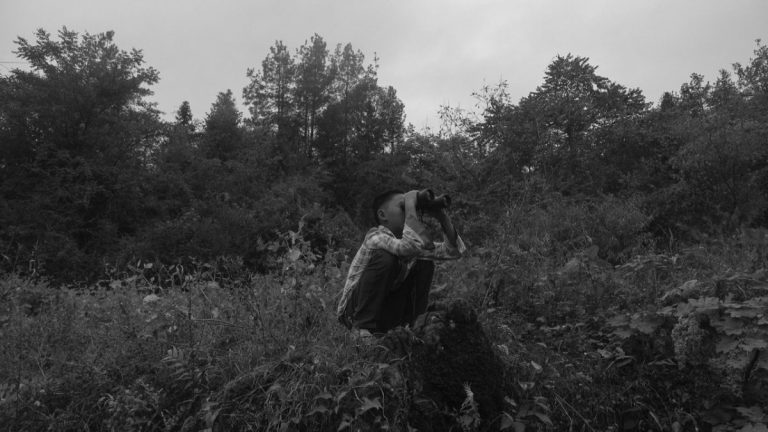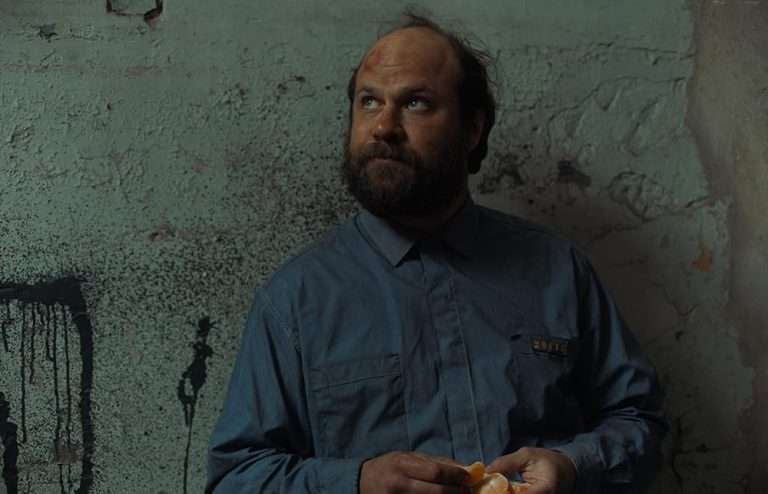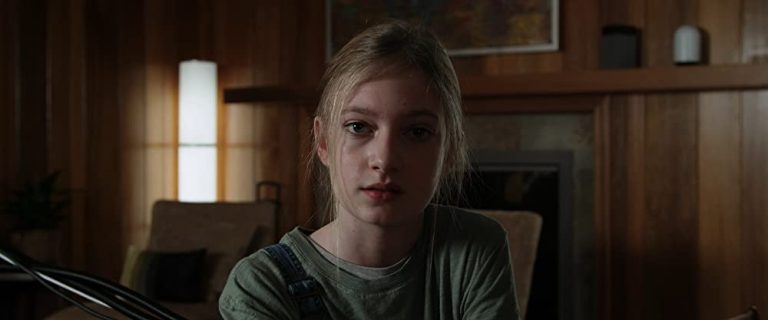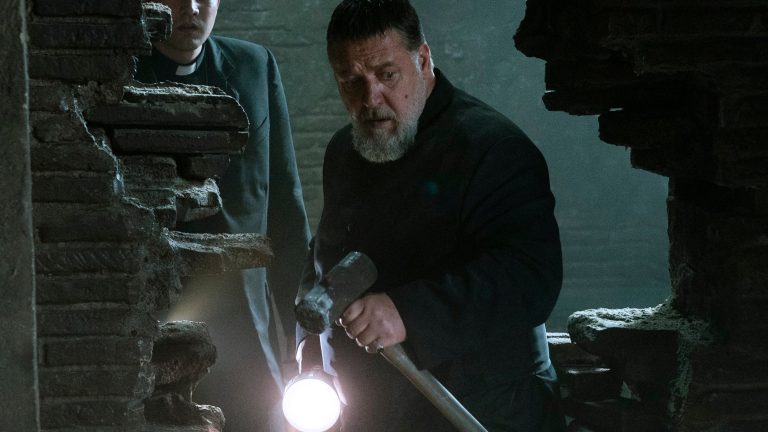Ivana Gloria’s “Chlorophyll” (“Clorofilla”) is an exquisite, charming fable-like riff on dysmorphia, gathering strength and composure to allow in change and transition that may appear threatening and unsettling but are inescapable. The longer you run away from it, the higher the chances of your happiness and stability slipping away. Twenty-something Maia (Sarah Short) palpably chafes at the life she has, rife with all that urban rhythms entail. She goes to parties and hooks up but is quick to erratically break it up. Early in the film, the first curiosity about Maia emerges when she leaves a party, throwing up on the bare earth: the green puke seems to trigger the swift sprout of a flower. It’s just the beginning of the many eccentricities that flood this oddly captivating exploration of identity, mediated through the most tender, loveliest relationship.
She escapes to a quaint, remote village in the Italian countryside, helping out in a co-operative to pluck oranges for harvest. She runs into Teo ( Michele Ragno), whose family owns the farm. He isn’t quite happy or pleased at this sudden companion in his work. “Chlorophyll” revels in its lush, soft images lensed dreamily by Giuseppe Chessa. Teo’s house has its interiors as well as peripheries girdled by plants curling up at every nook and cranny.
The verdant beauty isn’t at some idealized distance but intimately interwoven with the dynamics between the central pair. Teo is at peace in the bosom of the greens, whereas Maia is chary and tentative. He even insists he can speak to flowers. She has her own secrets which she tries to passionately guard, but Teo can sense an inkling of it right from their first encounter. He has a hobby of making perfumes from all sorts of flowers he has picked up from varied places. He enquires about her smell, which she passes off.
It is through a gradual, surer understanding of the foliage that seems to envelop them that they inch towards clarity and purpose about their own desires and the experiences they seek. Maia is reluctant to admit to herself the surge of changes overtaking her body. She is terrified at how she can approach and live with them. She is in denial. Neither does she think anyone can trust her without dismissing and judging her as a peculiarity. The intimacy and friendship with Teo seem to accelerate the ushering in of a tide of changes. Her green hair, which she reveals is her natural color, starts sprouting flowers.

She has been aware of her truth, to some degree, since she discovered it, to her horror at the onset of puberty. Her recourse is repression, which draws out the anguish and utter perplexity of how best to deal with it furthermore. How much can she defer actually confronting head-on what she has hidden out of shame, confusion, and disgust?
It is Teo who gently guides and eases her into acceptance and humbling, letting in all the plethora of strange growth and extrusions without fighting them off. He becomes a safe space for her, to whom she feels comfortable confiding. Enabled by his equipoised presence and encouraging words, she warms up to the startling sensations and flush of developments embossing themselves all over her body. The natural integration of the wondrous into the mundane is effortless.
Teo embodies an old-world peace unto himself but also a wan, retiring presence who has entirely cut him off from any sociable impulse or occasion. He keeps to himself almost as if that’s the only way he knows is a certain way of deflecting probable hurt and betrayal. Teo’s relationship with his father is fraught, teeming with unresolved issues stemming from the time of his mother’s death. It might have been after that he retreated into a tight shell, opting for a strictly formal, need-based equation with his brother as well.
However, he holds onto his aloofness with a stubborn confidence that it’s better for him that way. Maia invites him to open up, engage, and step out of his confines, even if for a fleeting while. “Chlorophyll” thrives on the understated yet electrifying chemistry conjured up between Short and Ragno. Infused with the right dollop of magical realism that ever so softly blends into an emotional, internal journey of coming to terms with the self, Ivana Gloria’s film is irresistible and utterly enchanting.






![Censor [2021]: ‘Berlinale’ Review – An uneven homage to video-nasty and the aftermath of violent proceedings](https://79468c92.delivery.rocketcdn.me/wp-content/uploads/2021/03/Censor-Berlinale-highonfilms-2-768x432.jpg)

